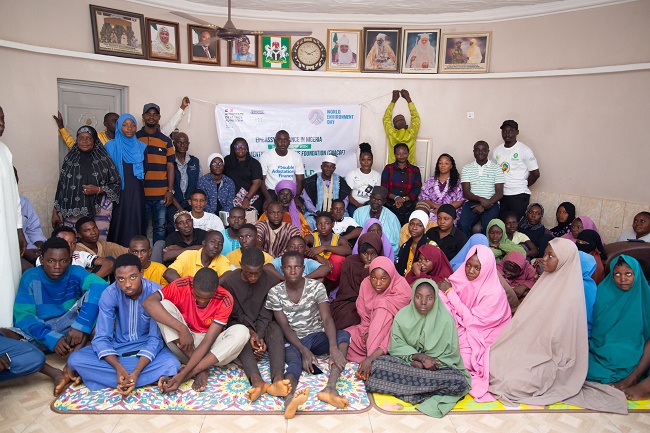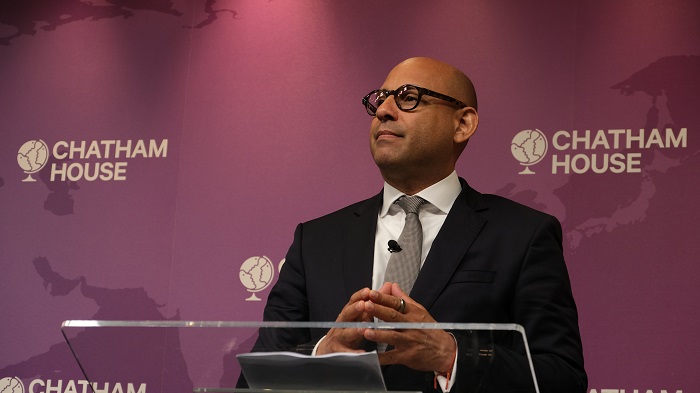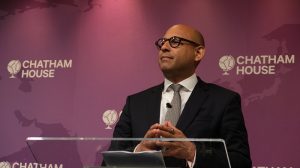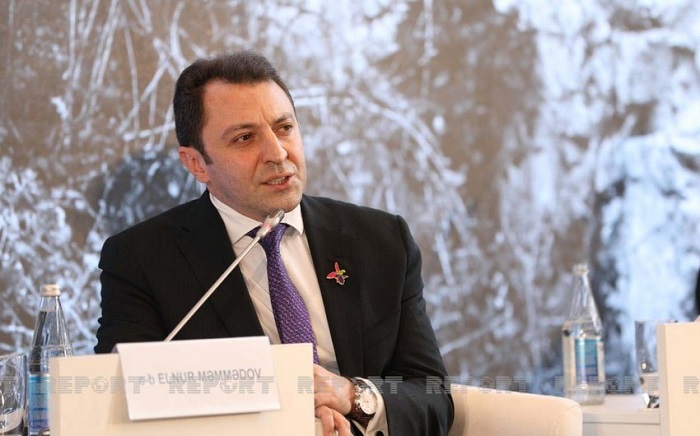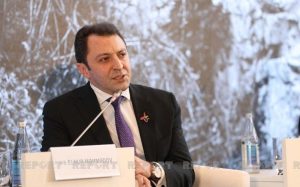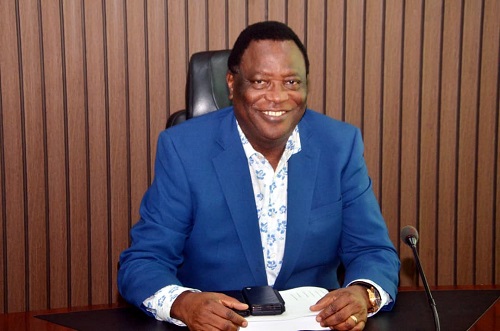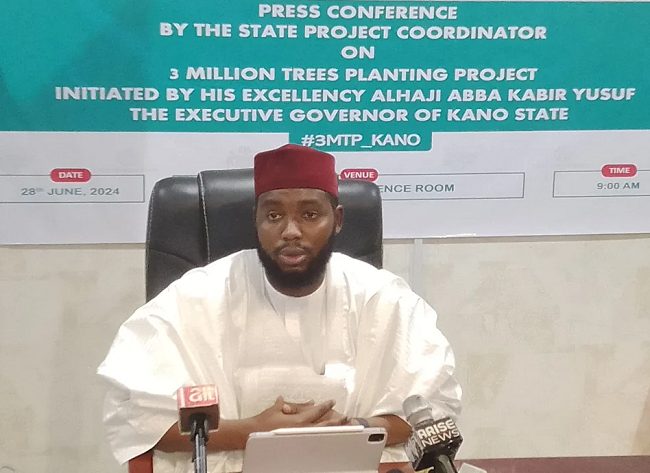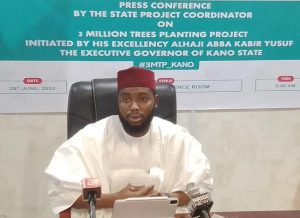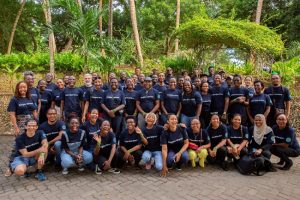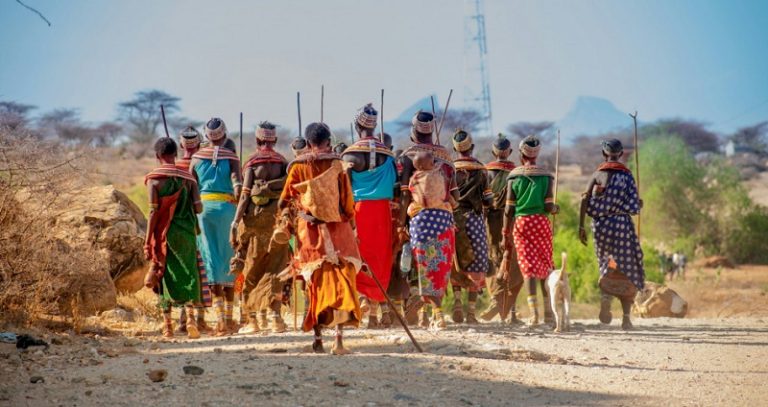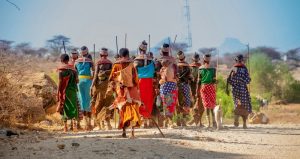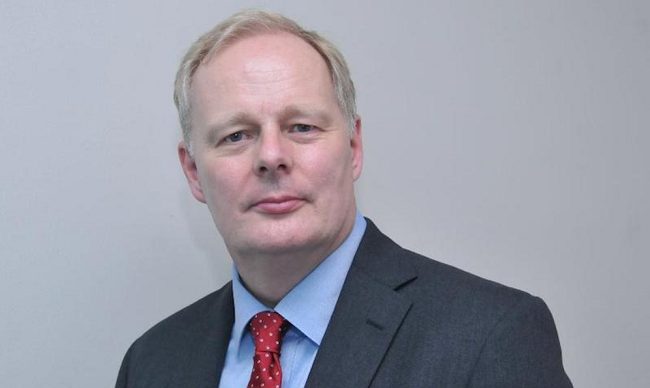As part of its efforts to improve citizen education, the Environmental Art Collective Foundation (ENACOF) conducted a sensitisation programme in Karonmajiji, a small suburb in Abuja, to educate the inhabitants on the importance of environmental protection.
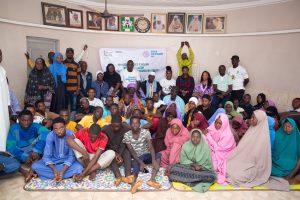
The event, which took place in Abuja on Saturday, June 22, 2024, as part of activities commemorating World Environment Day (WED 2024), included a variety of activities such as tree planting and the use of art, as well as entertainment such as the Plan, Learn, and Act Now (PLAN) card game to enhance environmental education.
“We cannot confront the issue of climate change without communal efforts,” says Aliyu Sadiq, community coordinator for the Art for Earth Restoration (AER) initiative.
This understanding, he explained, is why he and his team chose to visit the small village, an engagement he described as very interesting due to the fair representation of participants, including women, young people, and persons with disabilities, all of whom came together to assure the event’s success.
According to him, the turnout demonstrates the community’s desire to participate in any climate action that promotes sustainable development.
Aside from the fact that June 5 is recognised as Global Environment Day every year, the circular economy advocate stressed the need to understand why and how to protect the ecosystem.
Hence, he went on. This endeavour is a way of bringing more people on board to ensure that this problem is solved.
Sadiq commended the Embassy of France in Nigeria for collaborating with ENACOF and vowed to expand the project to other communities to increase environmental literacy throughout the country.
In agreement with this viewpoint, HRH Yunusa Abdullahi, District Head of Karonmajiji, stated that the exercise has exposed members of his community to the value of tree planting and how it can help combat the harmful effects of climate change on human activities.
The royal father justified his statements by pointing to a tree he planted three years ago, saying it not only provides protection but also serves as a symbol of their heritage.
The tree, he explained, “is the original meaning of Karonmajiji,” and he planted it to preserve its memory since, without it, many of the community’s young people would grow up unaware of the tree’s historical significance.
“Many of them will think it is fruit, but it is medicinal,” he disclosed.
Ketty REGIS, Cooperation Attachée, Embassy of France in Nigeria, stated that their participation in the programme is part of their intention to conduct around 11 projects across Nigeria to commemorate this year’s WED.
She went on to explain that in Nigeria, climate change cannot be discussed without mentioning health and gender because women are the most affected by this societal problem.
“For us, we just try to go with people who are involved in the subject,” REGIS remarked during a sideline interview held at the event.
Abdulrahman Sani, who spoke on behalf of the young people, hailed the event as a game changer since it educated him and other youth in the neighbourhood about the importance of tree planting and its role in ecosystem conservation.
“Now I know that if we don’t plant trees, it will cause a lot of problems in the environment,” he added, and he promised to engage with other young people to support and sustain this present effort by organising a major tree planting campaign in the town and beyond.
By Etta Michael Bisong, Abuja

